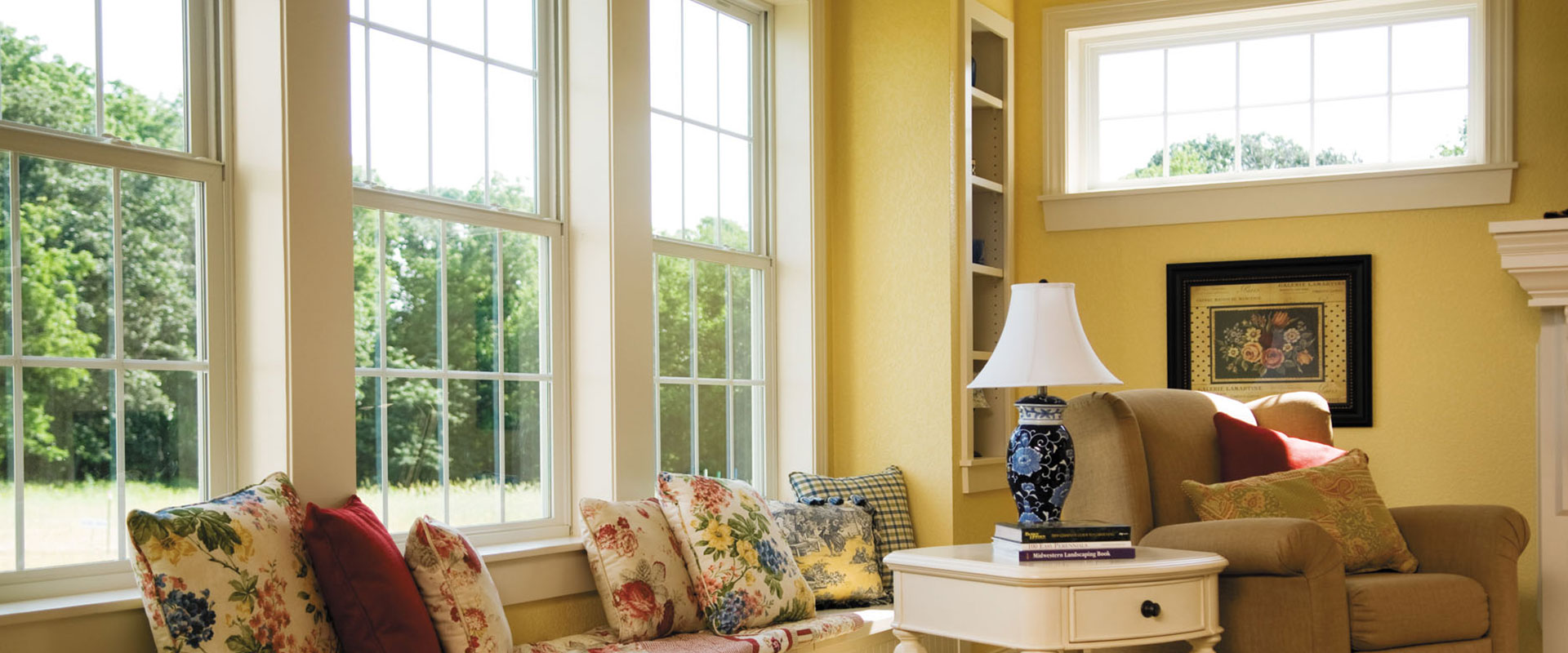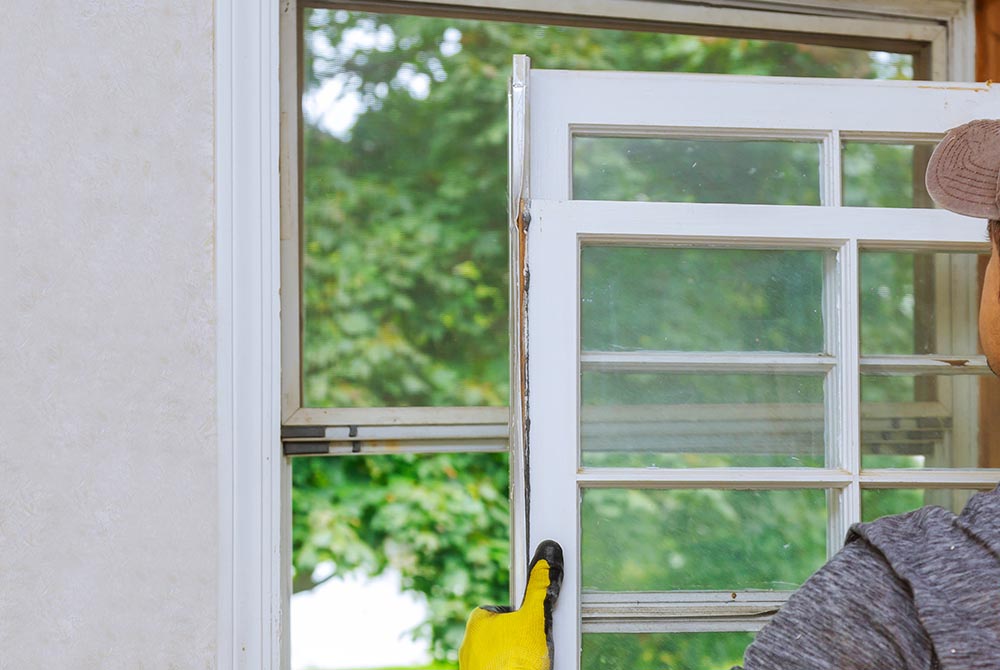Cypress Window Replacement Providers You Can Depend On
Cypress Window Replacement Providers You Can Depend On
Blog Article
Upgrade Your Home With Energy-Efficient Window Replacements
In the world of home improvement, the choice to update to energy-efficient home window substitutes can dramatically impact both the functionality and aesthetics of a home (Cypress window replacement). As property owners look for ways to improve the effectiveness and sustainability of their space, the choice of home windows plays an essential role in achieving these goals. Beyond the surface area level of plain appearances, energy-efficient windows provide a wide variety of benefits that go beyond simple aesthetic charm. With a mindful option process that thinks about various aspects, from glass kinds to installation methods, starting this home upgrade journey can show to be a transformative undertaking.
Advantages of Energy-Efficient Windows

The installation of energy-efficient windows offers significant financial savings on energy bills while improving environmental sustainability. Energy-efficient windows are made to minimize heat loss and gain, lowering the need for heating and cooling down systems to burn the midnight oil. By properly insulating the home, these windows assist keep a comfortable indoor temperature year-round, leading to reduced power usage and lowered energy prices. Furthermore, energy-efficient windows can aid manage moisture levels within the home, decreasing the threat of mold and mildew development.
Past the financial benefits, energy-efficient home windows add to environmental sustainability by decreasing carbon emissions associated with power manufacturing. In general, spending in energy-efficient windows not only boosts the comfort and performance of a home but also aligns with eco conscious techniques.
Sorts Of Energy-Efficient Glass
Numerous advanced sorts of energy-efficient glass deal unique buildings that deal with different requirements and preferences in boosting the sustainability and effectiveness of buildings. Low-emissivity (Low-E) glass is a popular choice created to minimize the amount of ultraviolet and infrared light that can pass via the glass, thereby minimizing warm transfer. This kind of glass assists maintain a consistent indoor temperature, lowering the demand for home heating or cooling systems, and eventually reducing power costs. Another cutting-edge alternative is spectrally careful glass, which permits noticeable light to travel through while blocking specific kinds of infrared radiation. This assists in keeping a comfy interior atmosphere while lessening warmth gain. Triple-pane glass, including 3 layers of glass with protecting gas between them, provides improved thermal insulation, making it extremely energy-efficient. In addition, self-cleaning glass with a special layer that breaks down and loosens up dust when subjected to sunlight can lower maintenance needs and maintain windows looking tidy. Each type of energy-efficient glass supplies distinct benefits, allowing property owners to choose the most appropriate option based on their specific needs and goals.
Aspects to Take Into Consideration When Picking
When pondering energy-efficient window replacements, it is essential to carefully assess certain elements that line up with your sustainability objectives and wanted power financial savings. The U-factor procedures just how well the check these guys out home window protects, with lower numbers indicating much better insulation, while the SHGC suggests the window's capacity to obstruct heat from sunshine. By meticulously evaluating these factors, you can pick energy-efficient home windows that enhance comfort, decrease power prices, and profit the setting.
Installment and Maintenance Tips

Routine upkeep is vital to protecting the performance of your energy-efficient home windows. Examine the home windows occasionally for any type of indicators of damage, wear, or sealer damage. Tidy the frames, tracks, and glass on a regular basis using light soap and water to eliminate dust and grime that can influence performance. Check the weather-stripping and seals for any spaces or tears and change them if needed to keep the home windows' energy efficiency.
In addition, lube relocating parts such as locks and joints to ensure smooth operation. By complying with these setup and upkeep pointers, you can enhance the energy effectiveness of your home and lengthen the life expectancy of your energy-efficient windows.
Cost-Benefit Evaluation of Updating

Energy-efficient home windows are designed to decrease warm transfer, lowering the demand for home heating and cooling systems to work overtime. This can cause substantial cost savings on energy expenses, particularly in areas you can try this out with extreme temperatures. Furthermore, energy-efficient home windows can enhance the general worth of your home, making it a lot more eye-catching to possible purchasers if you determine to offer in the future.
When calculating the cost-benefit analysis, consider the potential cost savings on power expenses, any available incentives or refunds, and the lifespan of the home windows. While the preliminary price may be higher, the long-lasting cost savings and advantages of energy-efficient home windows make them a smart financial investment for home owners wanting to boost their home's power go to my site effectiveness and worth.

Final Thought
In conclusion, updating to energy-efficient window substitutes offers various advantages such as decreased power intake, raised convenience, and cost savings. By choosing the appropriate type of energy-efficient glass and thinking about aspects like structure material and installment, house owners can take full advantage of the effectiveness of their windows.
When contemplating energy-efficient home window substitutes, it is critical to thoroughly examine certain aspects that line up with your sustainability goals and preferred power financial savings. The U-factor procedures exactly how well the window insulates, with lower numbers indicating much better insulation, while the SHGC indicates the window's capacity to obstruct warmth from sunshine. By meticulously reviewing these elements, you can select energy-efficient home windows that boost comfort, decrease energy prices, and benefit the environment.
While energy-efficient windows might have a greater upfront price compared to standard home windows, the long-term advantages usually exceed the first financial investment.In verdict, updating to energy-efficient window substitutes provides numerous benefits such as decreased energy intake, boosted comfort, and cost savings.
Report this page